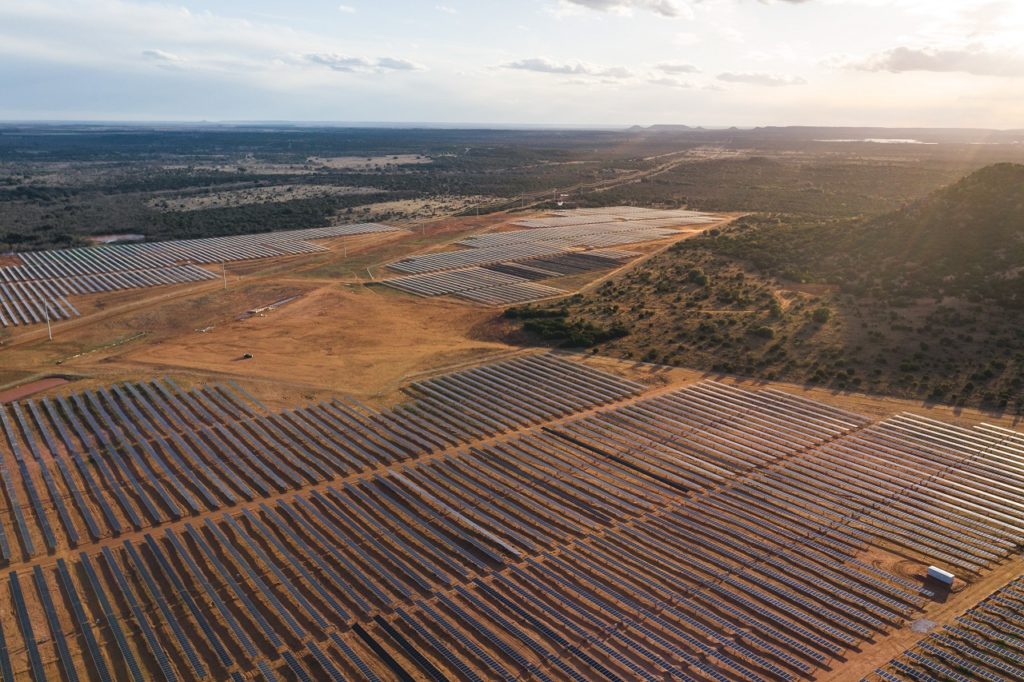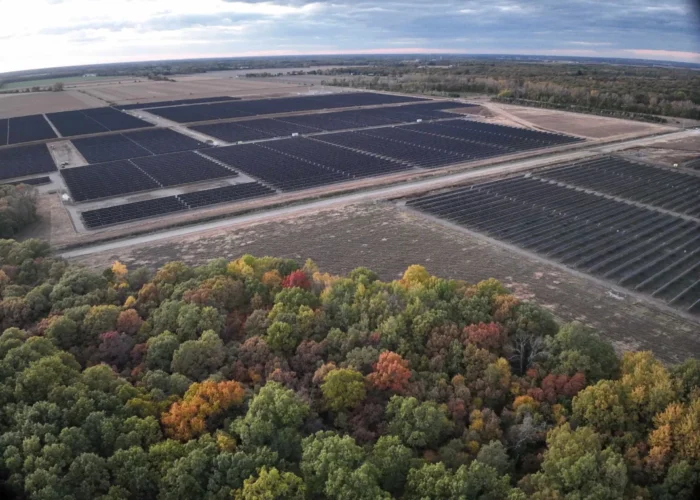
Three US utilities have hit out at proposed changes to Texas’s energy market that they say would lead to new costs for solar facilities and curb investment in the state’s renewables sector.
In a letter sent this week to Texas Governor Greg Abbott and other lawmakers, the renewables subsidiaries of NextEra Energy, Duke Energy and Southern Company raised “serious concerns” about the legislation that relates to the provision of ancillary services in Texas.
Try Premium for just $1
- Full premium access for the first month at only $1
- Converts to an annual rate after 30 days unless cancelled
- Cancel anytime during the trial period
Premium Benefits
- Expert industry analysis and interviews
- Digital access to PV Tech Power journal
- Exclusive event discounts
Or get the full Premium subscription right away
Or continue reading this article for free
Having invested almost US$15 billion in clean energy assets in the state with the confidence in its stable business environment, the utilities said enactment of the new laws would erode trust and impose “onerous new cost burdens”.
“These bills would unfairly and unjustifiably shift significant costs onto wind and solar facilities in the State of Texas, penalising existing assets and discouraging future investment,” the companies said in the letter.
One of the bills would require the Electric Reliability Council of Texas (ERCOT) to directly assign to solar and wind projects the costs of ancillary services that it incurs to address renewables-related reliability issues. Another bill would mandate the Public Utility Commission of Texas to require intermittent resources to purchase ancillary services and replacement power to manage net load variability.
The development follows a winter storm in February that overwhelmed Texas’s electricity infrastructure and left millions without power, with more than 51GW of generation capacity offline at one point.
According to Jeff Clark, president of trade association Advanced Power Alliance, anti-renewables groups “are now taking advantage of the February winter crisis to harm the economics of renewable investment to prop up fossil fuel generation”. He recently said: “Imposing additional costs on renewable generation does nothing to address failures related to the winter storm.”
Concerns about the laws have also been raised by the Partnership for Renewable Energy Finance (PREF), an affiliation of companies that invest in clean energy, including Enel, BlackRock, General Electric and Google. A recent letter sent by PREF to Texas lawmakers said the measures would “inappropriately and unfairly shift the cost” of ancillary services onto renewable energy generators rather than all the beneficiaries of those ancillary services.
Having invested tens of billions of dollars in Texas partly because of confidence in its friendly business environment, the letter said trust would be undermined by the proposed legislation that would “erode confidence that the state will continue to provide the financial stability necessary for future energy investment”.






